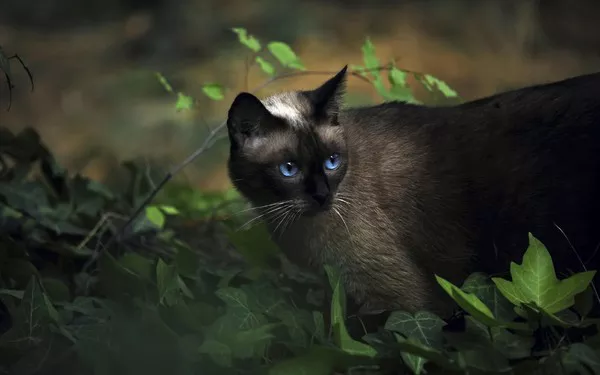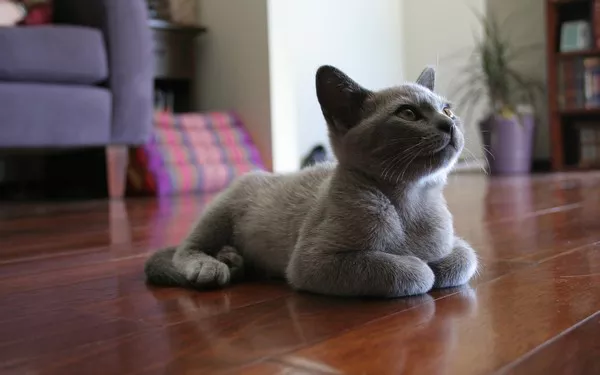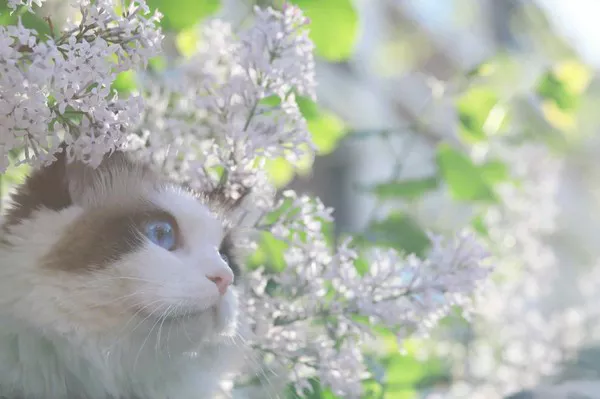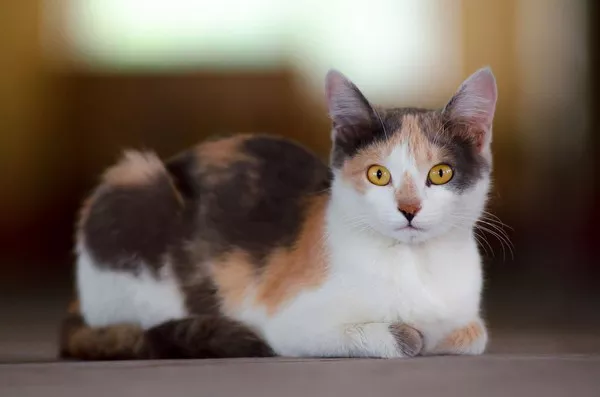Cat owners who indulge their feline companions with excessive food may unknowingly jeopardize their pets’ health. While overeating is associated with weight gain in cats, a recent study uncovers more profound consequences, including impaired nutrient digestion and alterations in gut microbiota.
This discovery underscores the importance of heeding advice to limit feeding and encourage physical activity among cats, as suggested by the researchers.
In the United States, over half of all cats are overweight, a worrisome statistic in itself. Previous research has extensively explored weight loss in cats, but the team from the University of Illinois Urbana-Champaign sought to shed light on the implications of weight gain.
Nutritional scientist Kelly Swanson, the senior author of the study, explains, “There has been little focus on the opposite process, which is also important. We wanted to learn more about the metabolic and gastrointestinal changes that occur as a result of overeating and weight gain in cats.”
The research involved 11 ‘lean’ cats, all spayed adult females. These cats were initially fed a commercially available, balanced diet with measured portions for two weeks while baseline measurements were taken. Following this, the cats were provided the same food but allowed to eat as much and as frequently as they desired for 18 weeks.
At baseline, as well as at 6, 12, and 18 weeks after free feeding began, the researchers collected fecal and blood samples, and they monitored the cats’ physical activity through collar-attached monitors.
Surprisingly, the researchers observed no consistent changes in the cats’ activity levels, despite their weight gain. Swanson notes that variations might occur depending on individual cats, their environment, and their interactions with their owners.
The cats swiftly increased their food intake when given unrestricted access, leading to predictable weight gain. As the cats consumed more and gained weight, their body fat levels rose, and their ability to digest nutrients declined.
“When the body receives less food, it becomes more efficient at extracting nutrients. But when the quantity of food increases, it moves through the digestive system more rapidly, resulting in fewer nutrient extractions,” Swanson explains.
With increased food intake, the cats produced more stools that were also more acidic, indicating inefficient digestion.
“In humans, low fecal pH is a sign of poor carbohydrate and fat absorption. Our findings align with this, as lower fecal pH corresponds to increased food consumption and reduced digestibility,” Swanson adds.
The study revealed alterations in the gut microbiota of the cats after 18 weeks of free feeding. Additionally, gastrointestinal transit time decreased by approximately 25% as the cats gained weight, impacting the time it takes for food to pass through the digestive system.
Importantly, some of the microbiome changes observed in the cats differed from those found in people with obesity, suggesting that more intricate factors are at play.
Understanding the metabolic and gastrointestinal changes associated with cat obesity could aid in prevention and treatment. Further research may delve into how gut microbiome changes correlate with overall health.
In another recent study, the researchers demonstrated that limiting a cat’s food intake can facilitate safe weight loss. Following the weight gain study, the 11 cats were placed on controlled diets, allowing them to return to baseline levels.
To promote the well-being of feline companions, the authors suggest not only providing the right amount of food but also engaging in activities that stimulate physical and mental engagement during mealtimes. Strategies include dividing food into small portions placed in different locations, using food puzzles, and encouraging cats to retrieve their meals, all of which can contribute to healthier and happier lives for these independent yet clever animals.

























